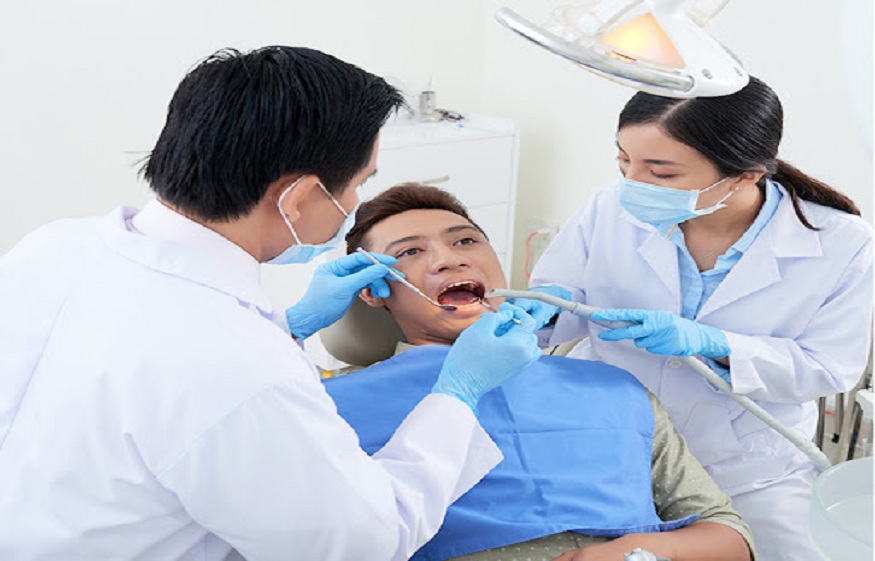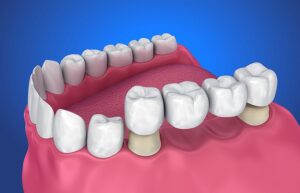Taking care of your teeth goes beyond a bright smile. It’s about maintaining overall health. As a Livermore dentist, I know that preventive care can catch problems early and save you pain and expense. I’ve put together the top 5 preventive care tips to help you maintain dental health. These tips focus on simple habits that make a big difference. They include brushing and flossing regularly, eating a balanced diet, visiting your dentist for routine check-ups, avoiding tobacco, and wearing a mouthguard if you play sports. By following these practices, you can protect your teeth and gums from decay and disease. These tips are easy to incorporate into your daily routine and can have lasting effects on your dental health. Let’s dive into how each tip can benefit you and help you keep your teeth healthy for a lifetime.
1. Brushing and Flossing Regularly
Brushing twice a day and flossing daily are the cornerstones of dental health. This routine removes food particles and plaque that can cause cavities and gum disease. Choose a toothbrush with soft bristles and replace it every three to four months. When brushing, use fluoride toothpaste and spend at least two minutes covering all surfaces of your teeth.
Flossing reaches places your toothbrush cannot. It cleans between teeth and under the gumline. This step is essential for preventing gum disease and decay between teeth. If you’re not sure about your technique, your dentist can guide you.
2. Eating a Balanced Diet
Your diet affects your dental health. Foods rich in calcium, like dairy products, help strengthen your teeth. Crunchy fruits and vegetables can help clean plaque from teeth and freshen breath. Avoid sugary snacks and drinks, as they can lead to tooth decay. Instead, opt for water or milk.
Consider the following comparison of foods and their effects on dental health:
| Food Type | Effect on Teeth |
| Calcium-rich foods (e.g., cheese, yogurt) | Strengthen teeth |
| Sugary snacks (e.g., candy, soda) | Cause decay |
| Crunchy fruits and vegetables (e.g., apples, carrots) | Clean plaque |
For more information, visit the ChooseMyPlate.gov website for dietary guidelines.
3. Routine Dental Check-ups
Regular dental visits are vital. Your dentist can spot potential problems that aren’t visible or painful yet. Routine care is more effective after treatment. During a check-up, the dentist cleans your teeth, checks for cavities, and evaluates your gums. Early detection of problems can prevent more serious issues later.
Most dentists recommend visiting every six months. However, your dentist might suggest a different schedule based on your specific needs. To learn more about the importance of dental visits, check the CDC’s guidelines on oral health.
4. Avoiding Tobacco
Tobacco use is harmful to your teeth and gums. It increases the risk of oral cancer, gum disease, and tooth loss. Tobacco can also stain your teeth and affect your sense of taste. Quitting tobacco improves your oral health and contributes to your overall well-being. There are many resources available to help you quit, including support groups and nicotine replacement therapies.
5. Wearing a Mouthguard During Sports
If you or your children participate in sports, wearing a mouthguard is crucial. Mouthguards protect against broken teeth, injuries to the lips, tongue, and jaw. They are especially important for contact sports like football or hockey but can be beneficial for any activity where there is a risk of falling or collision.
Custom-fitted mouthguards provide the best protection and comfort. Your dentist can create one for you. Store-bought options are available too, but they might not fit as well.
In conclusion, incorporating these preventive care tips into your life can help maintain your dental health. Remember, small changes today can lead to a lifetime of healthy smiles. Stay committed to these habits, and you will likely see positive results in your oral health.



